April 8, 2020
By
Stephen A. Sherman
Of Counsel, Stoll Keenon Ogden PLLC
(502) 568-5405
stephen.sherman@skofirm.com
The Coronavirus Aid, Relief, and Economic Security Act (“CARES Act”) will alter charitable deductions.
New Above-the-Line Deduction
Typically, individual taxpayers that do not itemize their deductions cannot deduct their charitable donations.
The CARES Act adds a deduction to the calculation of gross income, in the case of tax years beginning in 2020, for the amount (not to exceed $300) of qualified charitable contributions made by an eligible individual during the tax year. (IRC § 62(a)(22), as amended by CARES Act § 2204(a)).
An “eligible individual” is any individual who does not elect to itemize deductions. (IRC § 62(f)(1), as amended by Cares Act § 2204(b)).
A “qualified charitable contribution” is a charitable contribution:
• Which is made in cash;
• For which a deduction is allowable under IRC § 170;
• Which is made to an organization described in IRC § 170(b)(1)(A) (i.e. 501(c)(3) and certain other charitable organizations), and not a supporting organization described in IRC § 509(a)(3); and
• Which is not for the establishment of a new, or maintenance of an existing, donor advised fund.
In addition, a qualified charitable contribution does not include any amount which is carried over from a prior tax year (IRC § 62(f)(2), as amended by CARES Act § 2204(b)).
Expanding the Existing Deduction
Additionally, the CARES Act expands the amount of itemized deductions individuals and businesses can take in 2020 for “qualified contributions.”
Typically, if an individual makes a charitable contribution to an organization described in IRC § 170(b)(1)(A), the deduction for the contribution is limited to 60% of their adjusted gross income. For a corporation, charitable deductions are generally limited to 10% of the taxpayer’s taxable income. The CARES Act suspends those limitations and imposes the limits described below.
For individual donors, any qualified contribution shall be allowed as a deduction to the extent that the aggregate of such contributions does not exceed the excess of the taxpayer’s adjusted gross income over the amount of all other charitable contributions allowed under IRC § 170(b)(1).
For corporate donors, any qualified contribution is deductible to the extent that the aggregate of such contributions does not exceed the excess of 25% of the taxpayer’s taxable income over the amount of all other charitable contributions allowed.
A “qualified contribution” is a charitable contribution which is:
• Made in cash;
• Made in the 2020 calendar year;
• Made to an organization described in IRC § 170(b)(1)(A) (i.e. 501(c)(3) and certain other charitable organizations), and not a supporting organization described in IRC § 509(a)(3);
• Not for the establishment of a new, or maintenance of an existing, donor advised fund; and
• The taxpayer has made an election to have this new provision apply.
Any amount that cannot be claimed in 2020 may be carried forward to subsequent tax years for use as a deduction in those years to the extent otherwise permitted.
Increasing Food Contribution Limits
The CARES Act also expands the amount that may deducted for the charitable contribution of food inventory from a trade or business.
Under existing law there are limitations on the deduction that may be claimed for donations of food items from a trade or business. A donation of food inventory to a charitable organization for the care of the sick, the needy, or infants is deductible. The amount of the deduction is equal to the basis plus half the gain that would be realized on the sale of the food, but the deduction may not to exceed twice the basis. For instance, a taxpayer bought food inventory for $100 which would have sold for $150. The taxpayer makes a charitable donation of the food. The deduction is $125 consisting of the basis ($100) plus half the gain that would be realized if it had been sold ($25).
There is an additional limit based upon the income of the donor. In the case of a C corporation, the deduction cannot exceed 15% of the corporation’s income. In the case of a taxpayer that is not a C corporation, the deduction cannot exceed 15% of total net income of the taxpayer for the tax year from all trades or businesses from which the food contributions were made. (IRC § 170(e)(3)(C))
The CARES Act expands the amount of the deduction available to taxpayers. For charitable contributions of food made during the 2020 calendar year, the income limits for all taxpayers are 25% rather than 15%. (Act Sec. 2205(b))
****
Stoll Keenon Ogden understands that these are trying times for our clients and our country. Our firm operations have continued uninterrupted and our attorneys are equipped to serve as we always have – for over 120 years.
Attorneys with Stoll Keenon Ogden PLLC’s Tax Practice Group are be happy to help assist small businesses and their creditors.
Please also be sure to consult the Stoll Keenon Ogden Coronavirus Resource webpage for additional articles and information related to the latest information on new laws and directives enacted by federal, state, and local governments in response to the Coronavirus pandemic.




